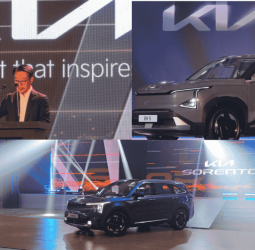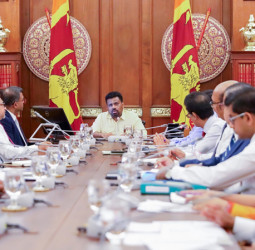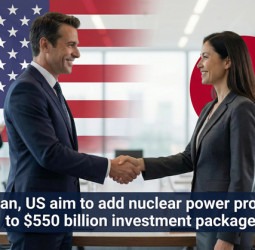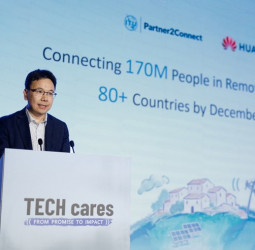- SLSEA begins drafting rules for electric charging station operations
- No formal oversight yet; industry currently operates without regulation or clear count of stations
- Around 200 charging points estimated nationwide, mostly unregistered
- Sector experts call for new tariff structure, time-of-use pricing to improve efficiency
The Government has commenced the process of drafting regulations to govern the establishment and operation of electric charging stations as part of its efforts to develop the Electric Vehicle (EV) infrastructure.
Speaking to The Sunday Morning Business, Sri Lanka Sustainable Energy Authority (SLSEA) Director General H.K. Wickramasinghe revealed that at present, the establishment and operation of electric charging stations in the country was not regulated.
He added that they had therefore commenced the process of drafting regulations to regulate the industry.
“The regulations will cover how electric charging stations should operate and how to protect the rights of the customers,” he stated.
Wickramasinghe further admitted that no clear decision had been made yet on whether the Government would adopt hard or soft regulations to govern the electric charging station industry.
He added that due to the unregulated nature of the industry, they did not have an exact count of the total number of electric charging stations in the country. However, he noted that based on data from various portals, such as chargeNET, they estimated that there were approximately 200 electric charging stations islandwide.
Speaking to The Sunday Morning in August, Solar Industries Association (SIA) President Kushan Jayasuriya stated that one of the pressing issues with regard to EV infrastructure in the country was the lack of a dedicated pricing structure for EV charging stations.
He pointed out that at present, these stations did not fall under any specific electricity tariff category.
He added: “Currently, Sri Lanka operates on a levelised electricity tariff, meaning consumers pay the same rate regardless of the time of day. This system needs to evolve.”
“A system with a Time-of-Use (TOU) tariff structure that would offer lower electricity rates during off-peak hours and periods of renewable energy surplus should be implemented. Such pricing mechanisms could shift consumer behaviour and reduce nighttime charging, which is more expensive and environmentally burdensome due to the reliance on thermal generation.
“Nonetheless, implementing such a system would require significant metering upgrades and regulatory changes, costs that could potentially be passed on to consumers,” he said.
Source: The morning


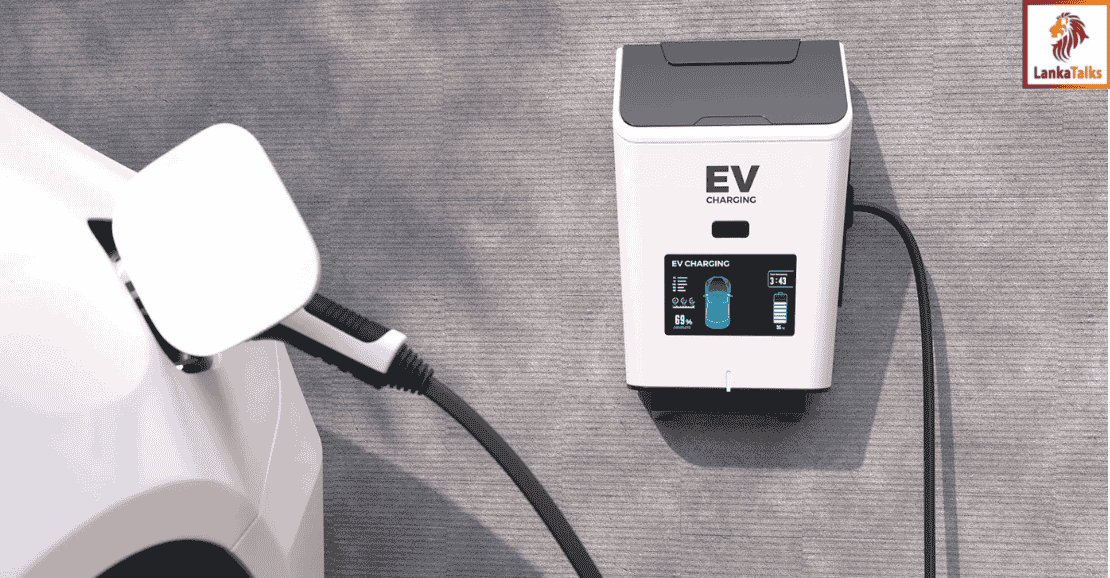
 Natasha
Natasha

